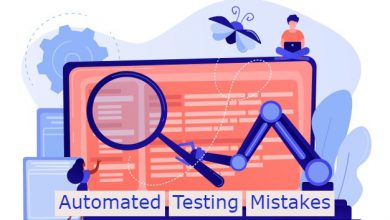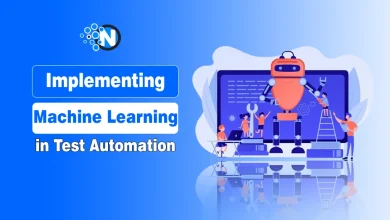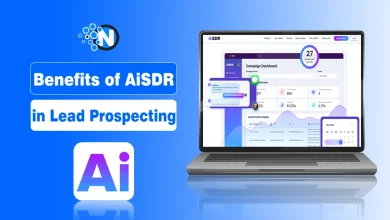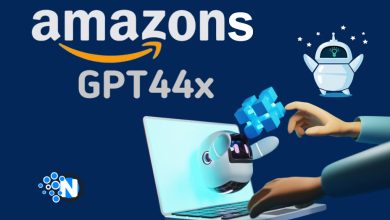Harmonizing Human Creativity and Generative AI

Generative AI is a ground-breaking technology that has the potential to transform a wide range of industries. Its impact is anticipated to redefine the marketing landscape as well in upcoming years. Its ability to create content, including text, images, or videos, provides a wealth of benefits for marketing firms. It can also help with tasks ranging from choosing the best advertisement image to coordinating the design details of product packaging. By feeding the machine instructions about a brand’s marketing goals, a company can receive dozens of outputs to choose from within seconds.
What the Experts Say
Well-known experts in the marketing industry have spoken highly about the potential of generative AI. They envision a huge help with the start of the brainstorming process with AI support. Synthesizing these ideas with human creatives can lead to the rapid production of marketing ideas into finished concepts. This can lead to huge benefits for an organization. The huge marketing budgets that are typically necessary for these types of initiatives will no longer be needed, and human creatives will be able to focus their energies on producing the most creative content possible.
This technology may lead to a huge change for traditional human roles within the creative space. Their primary focus will shift from carrying out menial tasks to organizing and approving content. AI may soon monopolize tasks like creating social media captions, curating email marketing, and writing website copy, making human involvement in these areas obsolete. The highest point of human contribution would be their ability to creatively think, which generative AI is incapable of producing organically but absolutely needs to draw upon to generate any sort of content.
Organizations are prepared to experience a redesign of their employment structure as the integration of generative AI progresses. Certain roles may become obsolete, forcing those who once performed them to leave their positions. Copywriters and virtual assistants seem particularly susceptible because AI’s automation capabilities have replaced their duties. The hiring environment might change as a result of anticipating the influx of AI-driven needs, prioritizing applicants skilled at leveraging the potential of generative AI. In order to ensure their continued worth to their individual firms, marketing professionals will be forced to become proficient in this cutting-edge technology.
The upward trajectory of generative AI is not without difficulties, though. The technology itself is still developing, which creates a need for constant adjustment. Even the most sophisticated machines struggle to grasp a company’s branding goal in the subtle ways that people can. If companies are forced to hire human reviewers for the AI’s content, then the cost-efficiency gains and productivity improvements initially promised by AI might not even become realized.
Conclusion
If businesses fail to adhere to their commitment to inject the creative eye across content development, there is a huge risk of homogenous marketing content. In some circumstances, the AI might unintentionally spread false information, which can endanger the hard-won reputation of a company. Marketing companies must be aware of these risks before fully integrating AI into their company practices.




